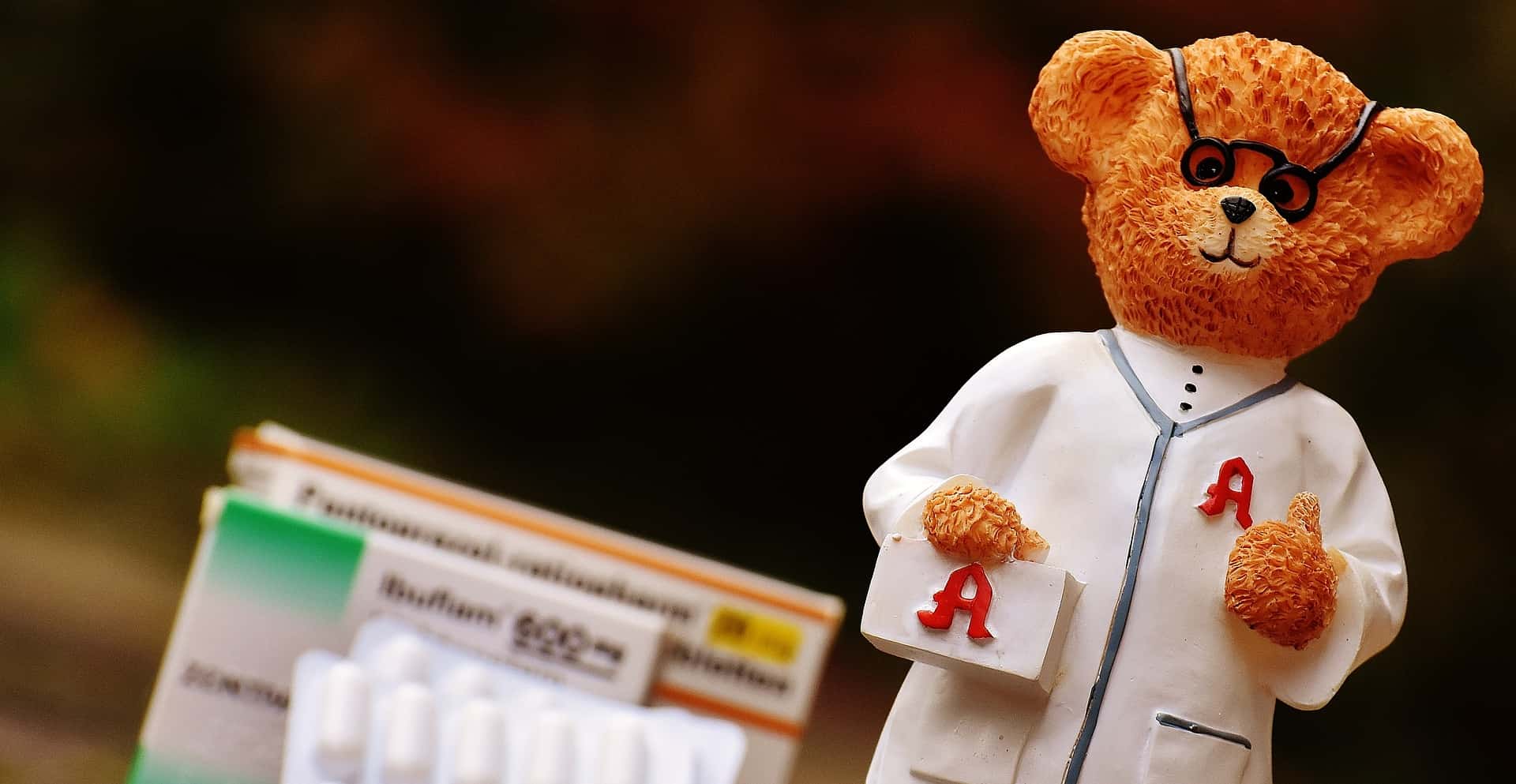Taking the medication history of the patient: A clinical pharmacist must take and maintain the medication history of the patient by interacting with him. He should document the hypersensitivities or allergies to certain drugs, food habits, drug dependence or intoxications with chemicals, side effects of some drugs, incorrect drug administration, etc. This will help in saving physicians’ efforts and will result in faster and more accurate therapy.
Drug interactions:
Many OTC drugs have the potential to interact with prescription drugs. After
receiving the prescription, the pharmacist should check the drug interaction
and patients’ habits with the help of the patient’s historical record.
Selection of proper drug therapy:
Clinical pharmacists can assist in the selection of a proper drug product/ generic formulation,
depending on the considerations of bioavailability and bioequivalence of such
products.
Drug monitoring:
Clinical pharmacists can help in monitoring drug therapy for safety and
efficacy. Therapeutic drug monitoring is very essential for those drugs with a narrow
therapeutic index or those which are administered chronically. He can also help
in determining various pharmacokinetic parameters based on plasma concentration
of drugs, enzymes, and measurement of glucose levels in the blood.
Adverse drug reaction:
Patients with hepatic disorders or kidney impairment are more prone to adverse
drug reactions. Patients having more than one pathological complaint with
multiple drug therapy generally face such problems. Clinical pharmacists can
help in the detection, prevention, and reporting of adverse drug
reactions. He can suggest a physician
for alternate therapy wherever necessary.
Management of drug policies:
Clinical pharmacists can participate in formulating health and drug policies
and serve as sources of information for healthcare professionals and the
public. They are responsible for drug management which includes their
selection, requirement, procurement, distribution, and use.
Research and development programs:
The clinical pharmacist can participate in research for the development of
various formulations, particularly in the biological availability of active
ingredients. He can help in conducting clinical trials based on sound
principles of bio-statistical methods of evaluation.
Drug information: Clinical pharmacist has the knowledge and expertise to provide detailed information on medicines to members of the health profession and the public. Through effective selection, utilization, and retrieval of drug literature, he can communicate with the healthcare team. He can abstract the information from periodic bulletins or newsletters and provide the same to physicians on matters about pharmacokinetics and dynamics of drugs.
In this way, the clinical pharmacist is patient-oriented
and deals with the rationale of drug therapy. Participates in patient education
programs, drug use profiles, research and development programs of the hospital,
etc. apart from many other activities. Hence, a
clinical pharmacist can maintain his daily routine with the following
duties:
• Assist in
pharmacokinetic consultation with necessary follow-up.
• Monitors drug therapy
schedules.
• Takes rounds with the ‘Health
Care Team’.
• Teaching pharmacy
students.
• Patient counseling.
• Review of hospital
pharmacy.
• Preparing drug
monographs to be reviewed by the pharmacy and therapeutic committee.
